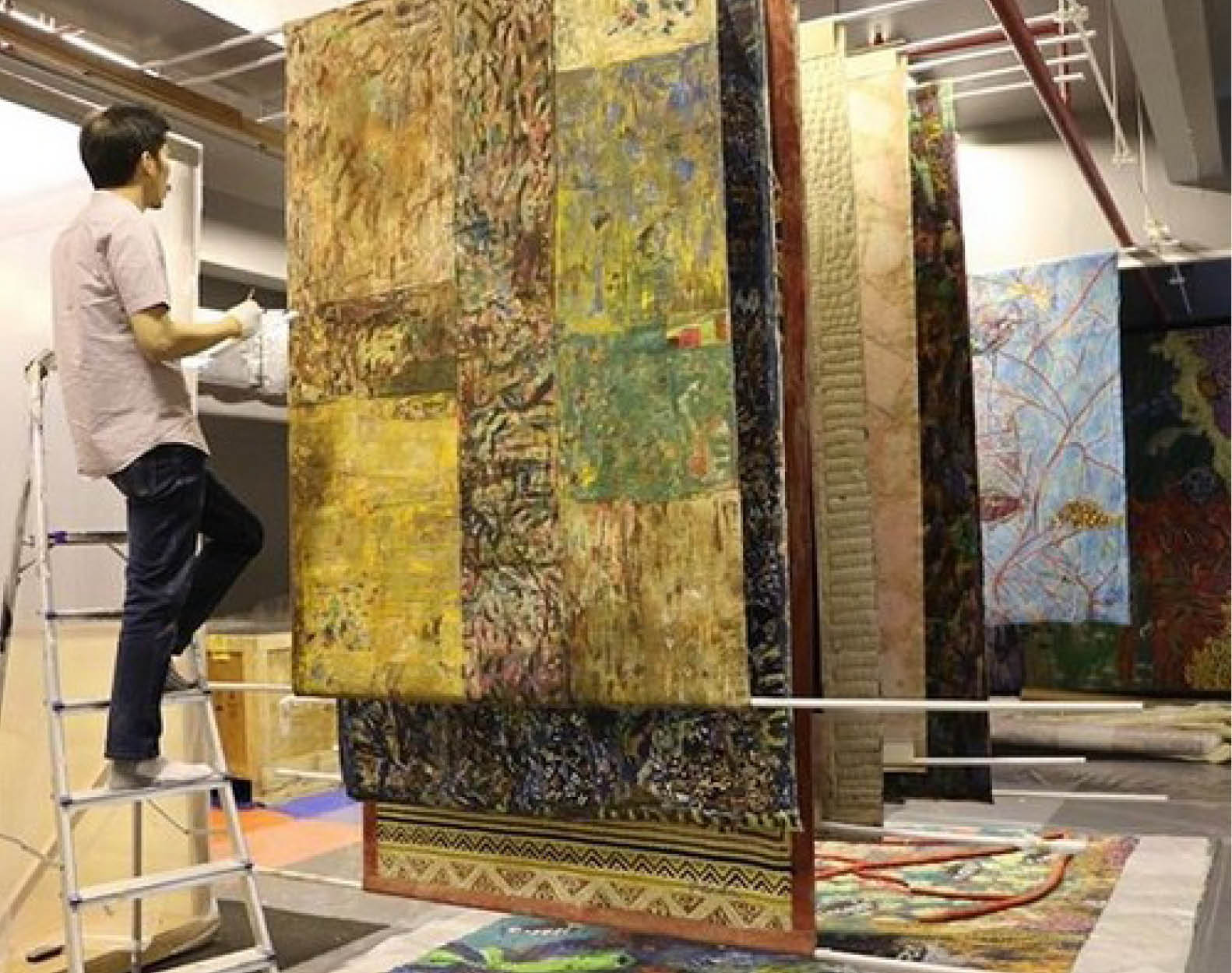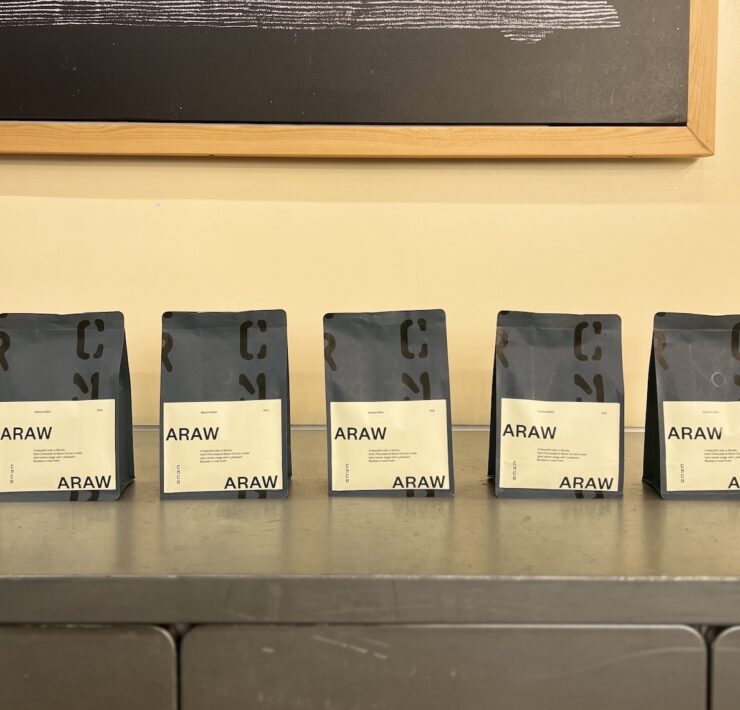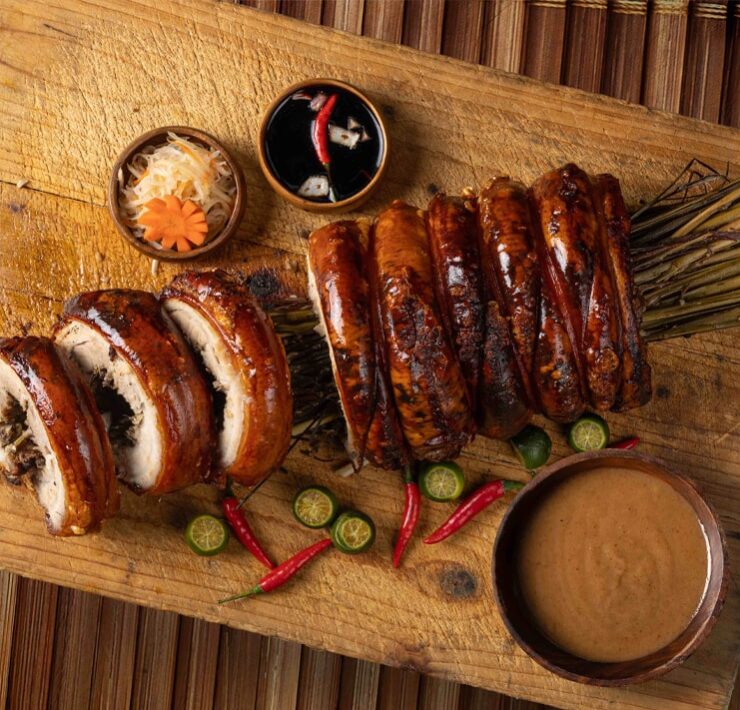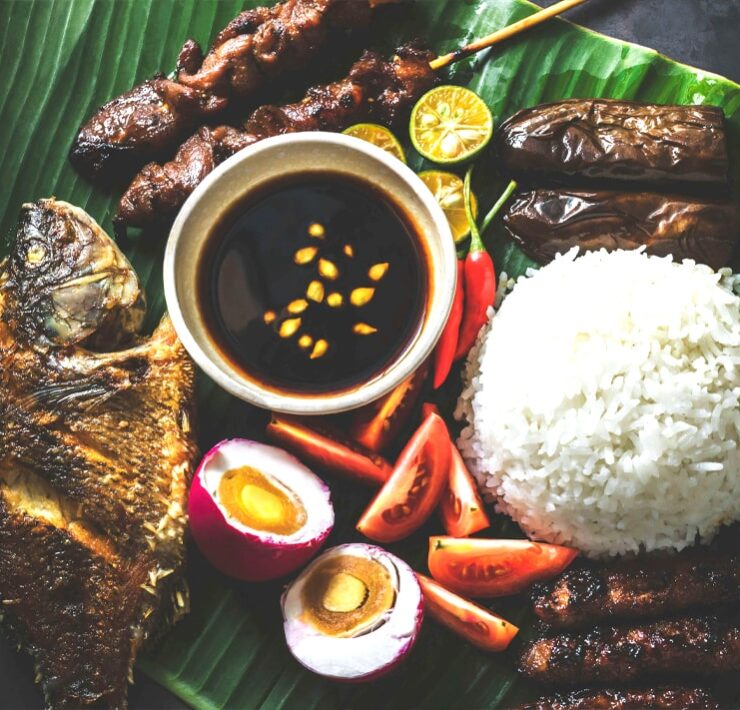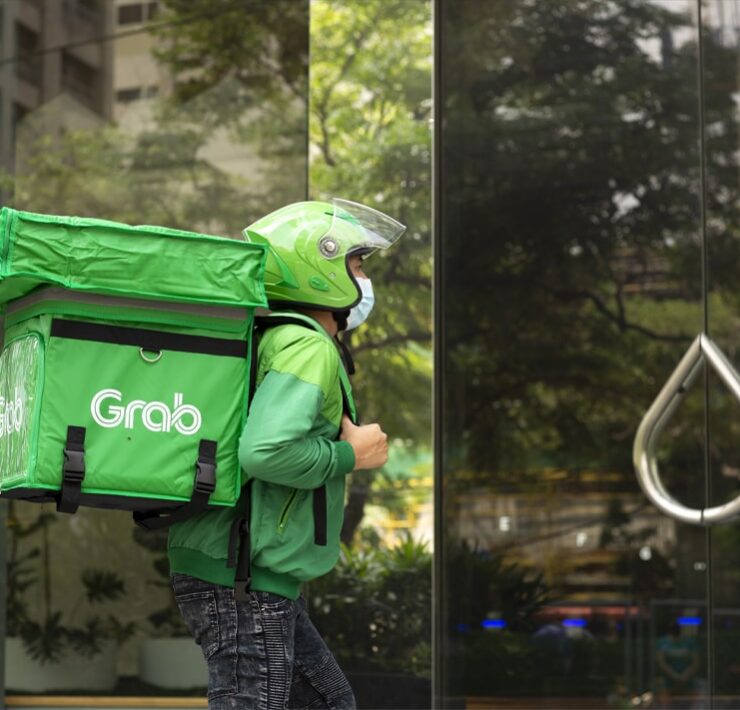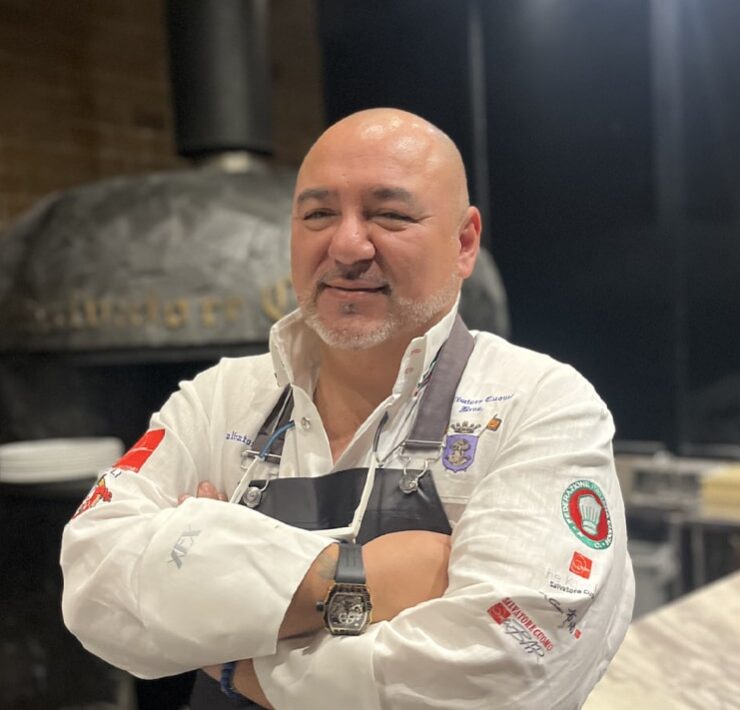Greener living: Debunking myths about the vegan diet
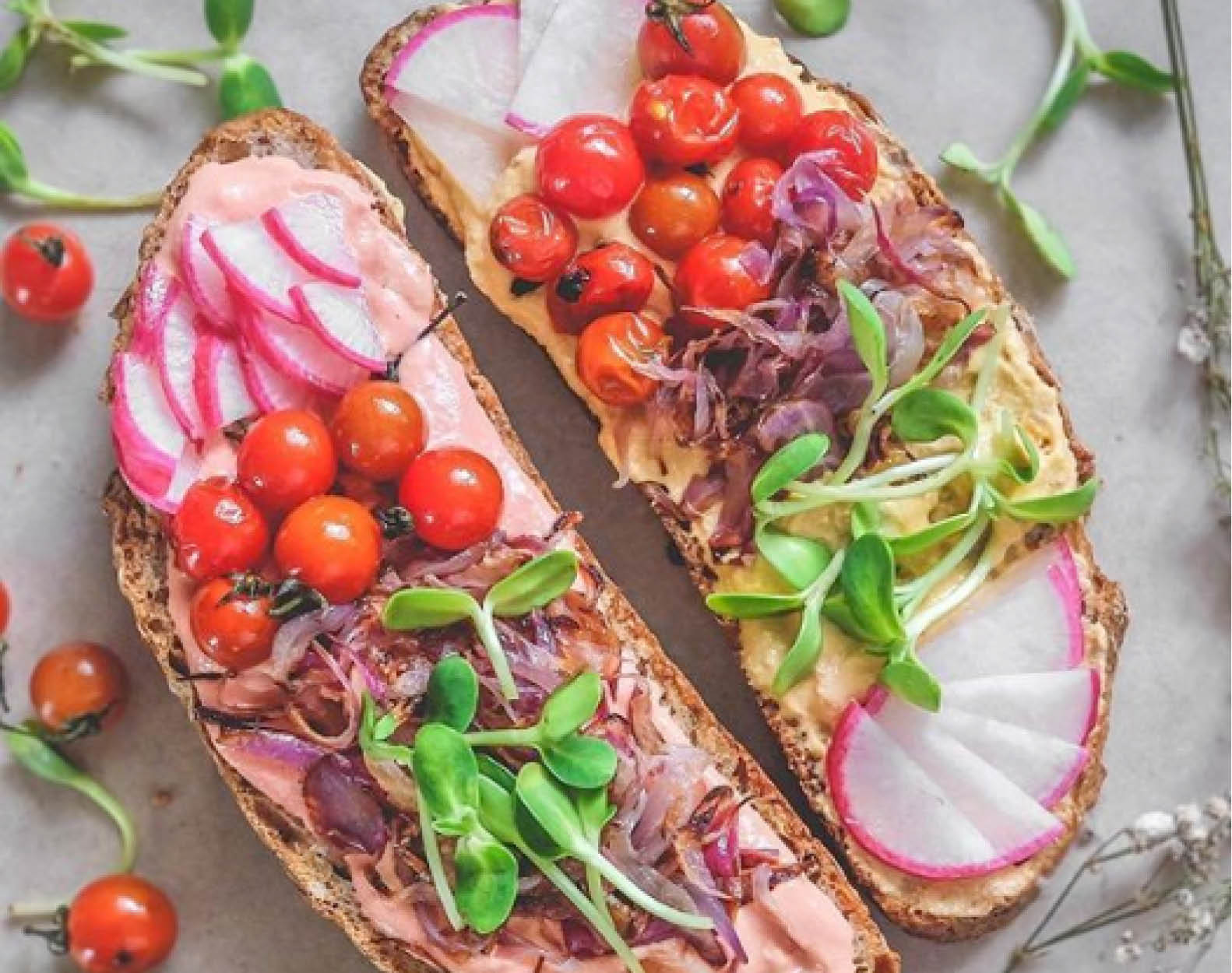
It’s a somewhat popular joke: An atheist, a vegan, and a CrossFitter walk into a bar. I only know because they told everyone within two minutes.
Now, while there are some people who love proselytizing about their lifestyle choices and philosophy, that characteristic doesn’t apply to all vegans (or CrossFitters or atheists). Some are simply happy to share information to genuinely curious omnivores; some even take the next big step of helping those who’d like to ease off on a meat- and dairy-rich diet have an easier transition.
Take The Real Happy Cow, for instance: Established in May of 2015, it was started by Lakapati Basa with the intention of helping non-vegans have a tastier experience in switching to a vegan diet. From its initial product lineup of smoked truffle and melted cheese and cashew parmesan sauces, the vegan food company now offers dishes from a variety of culinary influences: Filipino (vegchon), American (vegan mac and cheese), Malaysian/Indonesian (spicy vegan beef rendang), and more.
https://www.instagram.com/p/BhOLxyrB3An/?taken-by=therealhappycowph
https://www.instagram.com/p/BbyTy0hlQBD/?taken-by=therealhappycowph
“We really intended to make the vegan diet more convenient for our clients,” Basa affirms. “That has always been part of the brand’s identity.” Serving also as the chef of The Real Happy Cow, she comes up with recipes and works with local suppliers to create new and intriguing additions to their menu of food products; the vegchon and veg pata, meanwhile, are made by a supplier. “We also try to go organic as much as we can.”
A vegan for six years now, Basa has heard, confirmed, and debunked plenty of perceptions and misconceptions about vegan food. She breaks down the three most popular myths about it:
Myth 1: Going vegan is expensive.
Not true, says Basa. “Vegetables are actually cheaper than meat and packaged food.” For comparison, back when she was still an omnivore who would eat out a lot, the monthly food bill in her household would go as high as P10,000. “Now, as a vegan who still eats out about four to six times a month but also cooks and eats at home, the expense for food per month is no more than P6,000.”
https://www.instagram.com/p/BadWD_hgNDk/?taken-by=therealhappycowph
“The vegan diet becomes expensive if you keep eating out and buying packaged food, which pretty much applies to whatever diet you follow,” she clarifies.
Myth 2: Especially to those who can’t and don’t cook, going vegan takes too much time and effort.
Basa says this is primarily a motivation issue. “[Going vegan] becomes burdensome when people think about or prioritize their convenience instead of the benefits that they will get. As with any transition period in any lifestyle change, it will take some effort and time before it becomes easier.”
https://www.instagram.com/p/BiL9mGmHZ1e/?taken-by=therealhappycowph
With the predominant fastfood culture leaning heavily on meat consumption, learning how to cook is integral in starting and maintaining a vegan diet. There are resources and experts, though, that those who don’t know their way around the kitchen can consult to get started on flexing their culinary skills. “I have mentored a lot of people who decided to become vegan but don’t know how to cook. I taught them the basics, such as how to prepare pasta and pasta sauce, without the preparation and the cooking taking too much of their time,” Basa says. “But to say that going vegan takes too much time and effort, I’d say that’s not right. With the right effort, energy, and consistency, settling into a more vegan lifestyle becomes easier.”
“With the right effort, energy, and consistency, settling into a more vegan lifestyle becomes easier.”
She also points out how a meat-rich meal actually takes longer and requires more effort to get prepared. “You have to clean the meat and make it tender by cooking it for a long time. But with a vegetable dish, you don’t have to tenderize anything or even cook a lot of stuff, either. I’d say that 99 percent of what vegans eat don’t take too much time to prepare; I can make a lot of vegan dishes in under 10 minutes.”
Myth 3: Vegan food isn’t tasty.
https://www.instagram.com/p/BiA8xmlH95g/?taken-by=therealhappycowph
“In the hands of an able cook, vegan food is tasty,” Basa says. The perception (or misconception) that it isn’t mostly stems from that period when a meat-eater is still adjusting to a more vegetable-based diet. “A person who eats a lot of meat and dairy—which are high in fat, by the way—cannot detect a lot of the subtler tastes in food. That’s why most people would think a vegan dish is matabang, or that it doesn’t taste so good: They’re used to eating so much salt, spices, oil, and sugar to heighten their gastronomic experiences.”
According to Basa, that small transition period of not finding vegan food to be as satisfying is perfectly normal. “But the more you eat vegetables, the more you’ll realize that your tongue receptors are becoming different. They start to taste the flavors that you normally don’t. In my case, after a few weeks of going vegan and letting go of the meat and the dairy, greens had suddenly never tasted so good.” Whereas a leaf was basically a leaf before, Basa could now taste the difference between romaine and iceberg lettuce. “It’s the same for any type of diet: Food, whatever it is, is going to be tasty when prepared properly.”
To see The Real Happy Cow’s lineup of food products and to find out how to order, like their Facebook page and visit their Marketa website.
Header image from The Real Happy Cow’s Instagram page.








